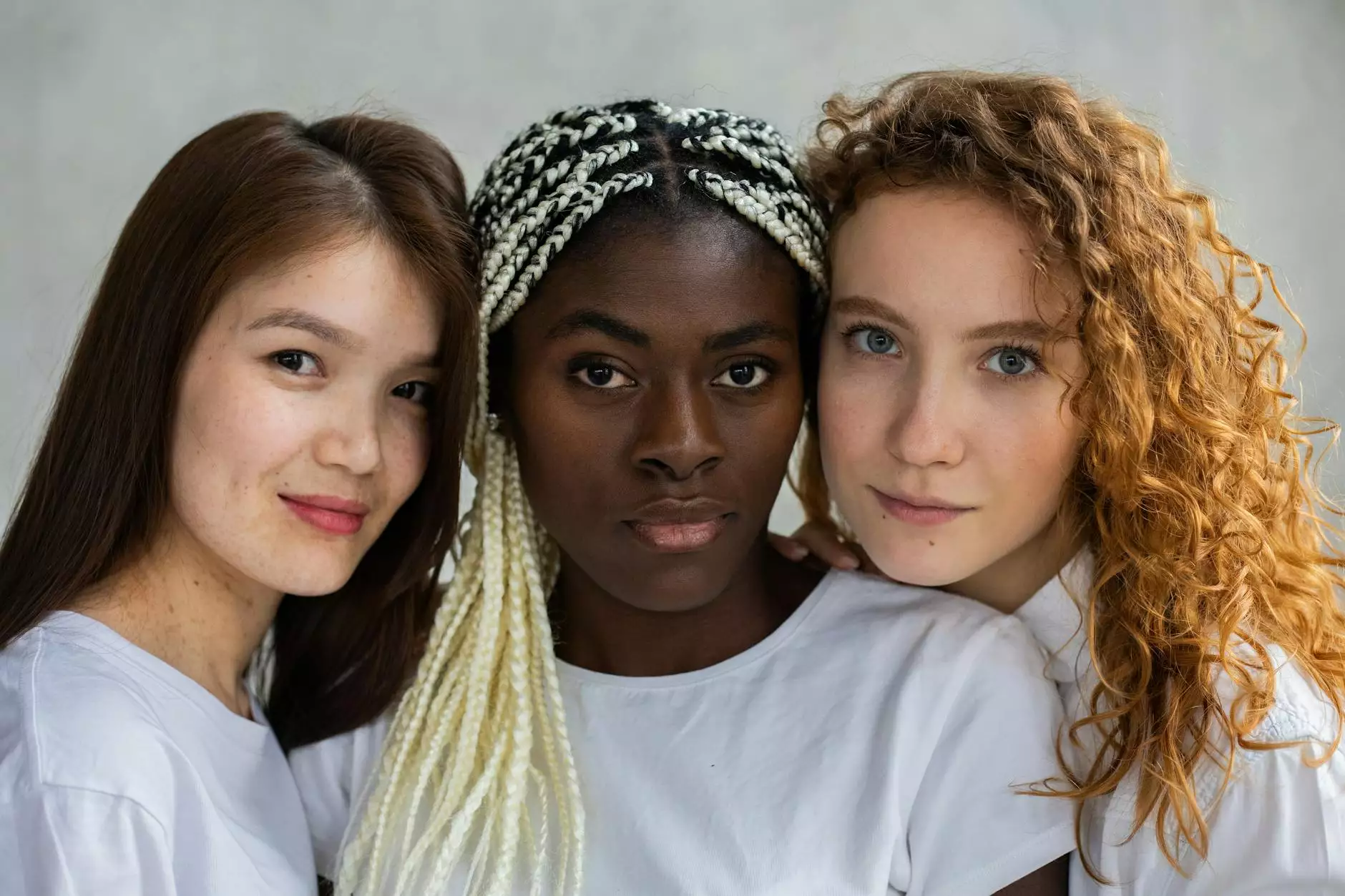Hair loss and Lou Gehrig's Disease: Are They Related?

Welcome to the informative and in-depth exploration of the potential relationship between hair loss and Lou Gehrig's Disease. As experts in the field, Smith, Arthur F, MD is dedicated to providing valuable knowledge and insights on various health conditions. In this article, we delve into the connection between hair loss and Lou Gehrig's Disease, shedding light on potential correlations and helping you gain a deeper understanding.
The Basics: Understanding Hair Loss
Before diving into the potential link to Lou Gehrig's Disease, let's first familiarize ourselves with hair loss. Hair loss, also known as alopecia, refers to the partial or complete loss of hair on the scalp or other parts of the body. It can occur due to various factors, including aging, genetics, hormonal imbalances, nutritional deficiencies, medical conditions, and certain medications.
While hair loss is often associated with natural aging or hereditary factors, it's crucial to consider other underlying causes that might contribute to this condition. Identifying the root cause of hair loss is essential for effective management and potential treatment.
Lou Gehrig's Disease: An Overview
Lou Gehrig's Disease, scientifically known as amyotrophic lateral sclerosis (ALS), is a progressive neurodegenerative disease that affects nerve cells in the brain and spinal cord. This condition primarily causes muscle weakness, leading to difficulties with movement, speech, swallowing, and eventually breathing.
ALS is a complex disease with no known cure at present. While extensive research is being conducted to uncover its causes and potential treatments, the exact reason behind the development of ALS remains unclear. Various factors, including genetic mutations and environmental factors, are believed to play a role in its onset.
Exploring the Connection
While there is ongoing research into the connection between hair loss and Lou Gehrig's Disease, no definitive conclusions have been drawn thus far. However, a handful of studies and anecdotal evidence have suggested potential correlations that warrant further investigation.
One hypothesis suggests that both conditions may share common genetic factors or underlying mechanisms, contributing to their co-occurrence. Genetic predisposition to certain disorders, including hair loss and neurodegenerative diseases, has been a subject of extensive scientific research. It is theorized that specific gene variations or mutations could create susceptibility to both hair loss and conditions like ALS.
Furthermore, some researchers speculate that alterations in hormonal balance could potentially bridge the gap between hair loss and Lou Gehrig's Disease. Hormones, such as androgens, play a significant role in hair growth and regulation. Disruptions in hormonal levels and signaling pathways may lead to various hair-related conditions, including hair loss. Considering the intricate relationship between hormones and neurological functions, it is plausible that imbalances might also affect the development of neurodegenerative diseases.
The Importance of Further Research
It is important to note that the existing studies on the potential connection between hair loss and Lou Gehrig's Disease are limited in scope and do not provide definitive evidence. The research conducted thus far has primarily been observational, lacking comprehensive and controlled studies that establish a direct causal link.
Therefore, more extensive research is necessary to truly understand the relationship between these conditions. Future studies should delve into genetic patterns, shared molecular mechanisms, and potential hormonal interplay to ascertain any substantial connection. Only with conclusive evidence can accurate diagnoses, treatments, and preventive measures be developed.
Conclusion
In conclusion, while there is some speculation about a relationship between hair loss and Lou Gehrig's Disease, it is important to approach the topic with caution. As medical professionals at Smith, Arthur F, MD, we emphasize the significance of evidence-based research and urge individuals to consult with qualified healthcare providers for accurate information and guidance.
The connection between hair loss and Lou Gehrig's Disease requires further investigation, and ongoing scientific endeavors aim to shed more light on this topic. By staying informed and supporting research efforts, we can collectively work towards unveiling the intricate connections between various health conditions, paving the way for improved patient care and understanding.










